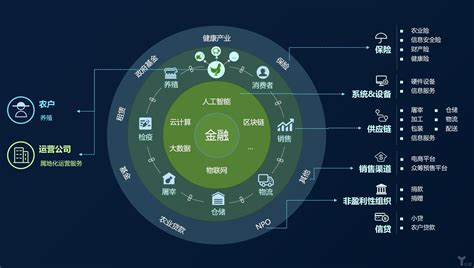"区块链教育创新发展研究"翻译成英文是"Research on the Innovative Development of Blockchain Education." This topic is highly relevant in today's digital age, where blockchain technology is increasingly recognized for its potential to revolutionize various industries, including education.
Blockchain, originally developed as the underlying technology for cryptocurrencies like Bitcoin, has evolved into a decentralized and secure system for recording transactions and data. Its key features, such as immutability, transparency, and decentralization, make it suitable for various applications beyond finance, including education.
Research on the innovative development of blockchain education involves exploring how blockchain technology can be leveraged to enhance various aspects of the education sector. Here are some key areas of focus within this research field:
1.
Credential Verification and Certification
: Blockchain can provide a secure and tamperproof system for storing and verifying academic credentials, certificates, and degrees. By recording academic achievements on a blockchain, individuals can have greater control over their credentials, and employers can verify them more efficiently, reducing the risk of credential fraud.2.
Transparent and Traceable Learning Records
: Blockchain can be used to create transparent and traceable records of learning activities, including courses completed, grades achieved, and skills acquired. This can enable a more comprehensive and verifiable representation of an individual's educational journey, which can be valuable for employers, academic institutions, and learners themselves.3.
Micropayments and Incentive Mechanisms
: Blockchainbased micropayment systems can enable new models for incentivizing learning, such as rewarding students with tokens or cryptocurrencies for completing coursework, participating in discussions, or achieving specific learning objectives. These incentive mechanisms can help motivate learners and foster engagement in online educational platforms.4.
Decentralized Learning Platforms
: Blockchain technology can support the development of decentralized learning platforms that enable peertopeer interactions, content sharing, and credentialing without the need for intermediaries. These platforms can promote greater inclusivity, accessibility, and transparency in education by reducing barriers to entry and empowering learners to control their educational experiences.5.
Research and Collaboration
: Blockchain can facilitate transparent and collaborative research practices by providing a secure and immutable platform for recording research data, tracking contributions, and ensuring the integrity of academic publications. This can help address issues such as reproducibility, data transparency, and intellectual property rights in academic research.6.
Data Privacy and Security
: Blockchainbased solutions can enhance data privacy and security in education by enabling individuals to maintain ownership and control over their personal data. By using cryptographic techniques and decentralized storage, blockchain can help mitigate the risks of data breaches, identity theft, and unauthorized access to sensitive educational information.
Overall, research on the innovative development of blockchain education holds promise for transforming the way we learn, teach, and credential in the digital age. By exploring the potential applications of blockchain technology in education and addressing the challenges and opportunities it presents, researchers can contribute to the creation of more inclusive, transparent, and efficient educational systems.
标签: 区块链教育应用变革 区块链在教育中的作用 区块链教育创新发展研究论文 区块链技术与教育发展







